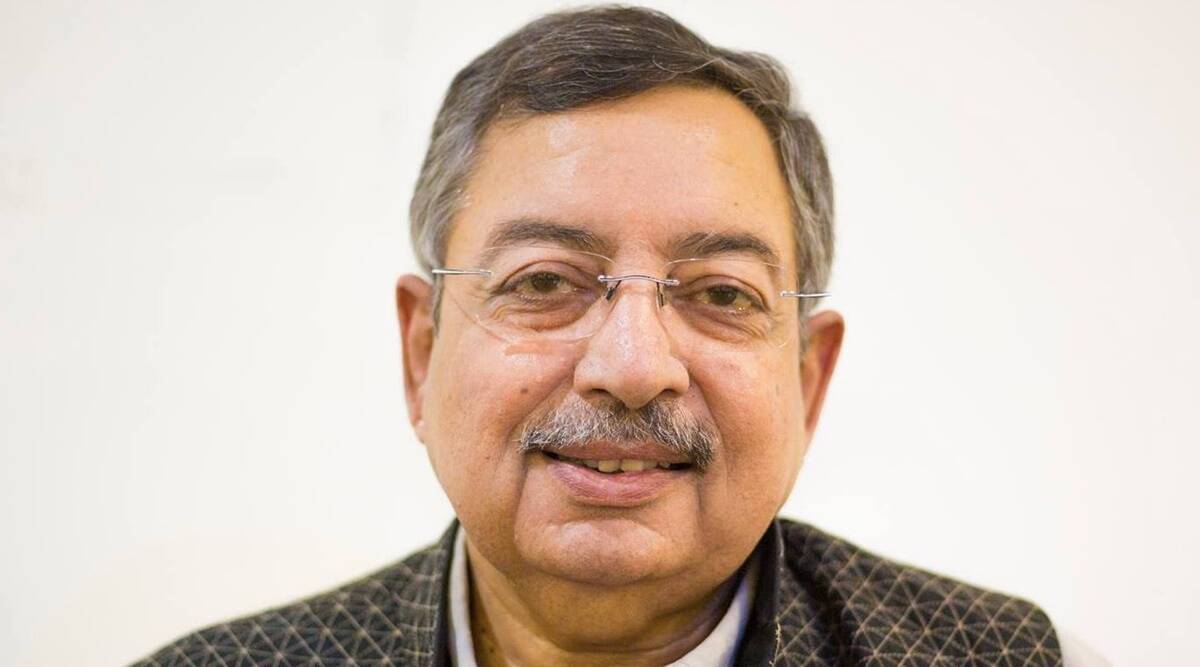A day after the Supreme Court quashed a sedition case lodged in Himachal Pradesh against journalist Vinod Dua while stressing that “a citizen has the right to criticise or comment upon the measures undertaken by a government”, the Editors Guild of India welcomed the judgment.
Saying the judgment “underlines the importance of protecting journalists from sedition cases”, the Guild appreciated the apex court’s concerns over the “chilling effect that sedition laws have on free media and democracy”.
“While the reference to the earlier judgment of Justice Kedar Nath Singh and the need to protect journalists from sedition charges is welcomed, the manner in which such laws are implemented by law enforcement authorities in different parts of the country, leading to pre-trial incarceration, needs further intervention by the apex court,” the Guild said in a statement.
It added, “The Guild demands repeal of these draconian and antiquated laws that find no space in any modern liberal democracy.”
The Himachal Pradesh police had registered an FIR against Dua for sedition, public mischief and other offences over the contents of a talk show broadcast on YouTube last year. The FIR was registered on a complaint filed by Ajay Shyam, a local BJP leader, that Dua “had asserted that the Prime Minister used deaths and terror attacks to garner votes and that the Prime Minister garnered votes through acts of terrorism” in the Hindi talk show uploaded on March 30, 2020.
A bench of Justices U U Lalit and Vineet Saran said every journalist is entitled to protection specified under the Supreme Court’s 1962 judgment in the Kedar Nath Singh vs State Of Bihar case.
The bench ruled that “every journalist will be entitled to protection in terms of Kedar Nath Singh, as every prosecution under Sections 124A (sedition) and 505 (public mischief) of the IPC must be in strict conformity with the scope and ambit of said sections as explained in, and completely in tune with the law laid down in Kedar Nath Singh”.




